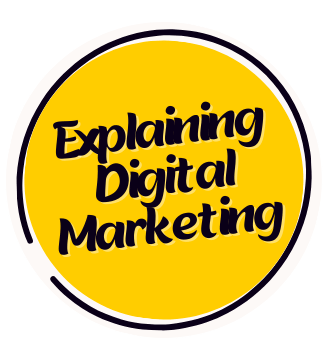In today’s digital marketing landscape, email continues to be a cornerstone of effective communication strategies. Choosing the right email marketing tool can significantly impact the success of your campaigns. With a plethora of options available, it’s crucial to select a platform that aligns with your business goals, budget, and technical requirements. Here’s a closer look at some of the leading email marketing tools, helping you decide which is best suited for your needs.
1. Mailchimp
Known for its user-friendly interface, Mailchimp is a favorite among small to medium-sized businesses. It offers a robust free plan, making it an attractive option for startups and companies with limited budgets.
- Features: Drag-and-drop email builder, list segmentation, basic automation, and analytics.
- Best For: Businesses just starting with email marketing or those with a tight budget.
2. Constant Contact
Constant Contact stands out for its excellent customer service and extensive library of templates. It’s designed to help businesses create professional-looking emails quickly and efficiently.
- Features: Intuitive email editor, social media integration, event management tools, and advanced reporting.
- Best For: Small businesses and non-profits that require hands-on support and value simplicity.
3. Sendinblue
Sendinblue is a versatile platform offering email marketing services alongside SMS campaigns and marketing automation. It’s known for its scalability and advanced features.
- Features: Transactional emails, SMS marketing, automation workflows, CRM functionality, and A/B testing.
- Best For: Growing businesses that need a comprehensive, all-in-one marketing solution.
4. AWeber
AWeber is a veteran in the email marketing space, favored for its robust automation features and high deliverability rates.
- Features: Autoresponders, advanced segmentation, detailed analytics, and integrations with various platforms.
- Best For: Businesses looking to automate their email marketing efforts and require detailed reporting.
5. ConvertKit
Designed with creators and bloggers in mind, ConvertKit offers advanced segmentation and automation features that make managing subscribers and sending targeted content easier.
- Features: Tag-based subscriber system, visual automation builder, landing pages, and integration with ecommerce platforms.
- Best For: Content creators, bloggers, and small businesses focused on building and engaging with their audience.
6. ActiveCampaign
ActiveCampaign is best known for its advanced marketing automation, CRM, and machine learning capabilities. It’s ideal for businesses looking to personalize their email campaigns extensively.
- Features: Complex automation flows, CRM integration, predictive sending, and machine learning for optimization.
- Best For: Medium to large businesses requiring sophisticated automation and personalization features.
Conclusion
Selecting the right email marketing tool is a critical decision that depends on your specific business needs, budget, and marketing goals. Whether you’re looking for simplicity and ease of use or advanced features like automation and CRM integration, there’s a tool out there that’s the perfect fit for your marketing strategy. By evaluating each option’s features and best use cases, you can make an informed choice that maximizes your email marketing efforts and drives meaningful engagement with your audience.



